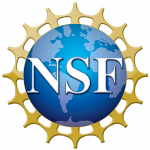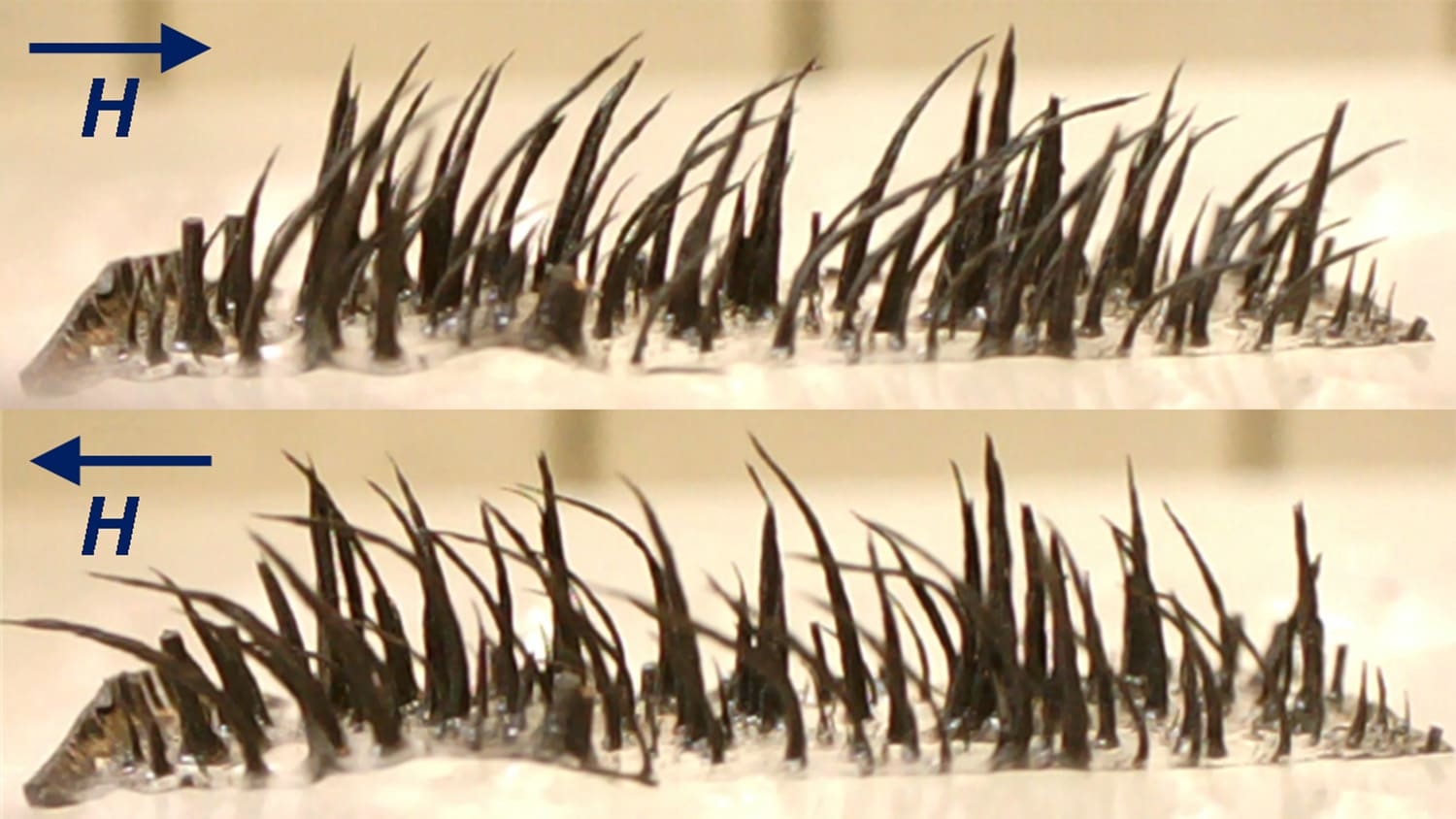College lands new National Science Foundation centers
 The College’s faculty continues to be very successful in landing prominent roles in National Science Foundation (NSF) centers.
The College’s faculty continues to be very successful in landing prominent roles in National Science Foundation (NSF) centers.
Several new awards have been announced in the last few months.
The Department of Computer Science was selected as a new site for the existing NSF Center for Hybrid Multicore Productivity Research (CHMPR) Industry/University Cooperative Research Centers (I/UCRC). The new NC State site, which opened on September 1, is hosted in the Laboratory for Science of Technologies for End-to-End Enablement of Data (STEED) in the department. The new site’s main goal will be to conduct trans-disciplinary translational science and research of enabling better decision making in presence of big data.
Dr. Rada Chirkova, associate professor of computer science, is the principal investigator for the site.
NC State, the University of Illinois at Urbana-Champaign and Georgia Tech are forming a center that aims to speed up design and verification of microelectronic circuits and systems, reducing development costs and time-to-market for manufacturers of microelectronic products, especially integrated circuits.
The center is funded for five years through the I/UCRC program and by the industrial members of the center.
Integrated circuits, or chips, power everything from smart watches to supercomputers. The semiconductor industry — perennially one of America’s top exporters — has been searching for new ways to increase performance while reducing chip size and development cost.
The new Center for Advanced Electronics through Machine Learning (CAEML) will seek to accelerate advances by leveraging machine-learning techniques to develop new models for electronic design automation (EDA) tools, which semiconductor companies use to create and verify chip designs for mass production.
Dr. Paul Franzon, Distinguished Professor of Electrical and Computer Engineering, is the NC State CAEML site lead.
NC State and North Carolina Central University launched an NSF-funded program to recruit and train researchers in new ways of applying advanced statistical tools to physical science data. The five-year program, called Data-Enabled Science and Engineering of Atomic Structure (SEAS), is supported by a grant from NSF.
“Technology has advanced to a point where we now can get an enormous amount of experimental information on a material’s structure and behavior,” says Dr. Beth Dickey, a professor of materials science and engineering and the director of SEAS. “Computational techniques have also advanced, giving us unprecedented amounts of data from modeling and simulation. That means we need to develop new, hybrid areas of expertise that allow us to capitalize on these humongous data sets in an efficient and meaningful way.”
Return to contents or download the Spring/Summer 2017 NC State Engineering magazine (PDF, 3.7MB).
- Categories:


